Nell Freudenberger suggests 6 literary escapes
The novelist recommends works by Magda Szabo, Hilary Mantel, and more
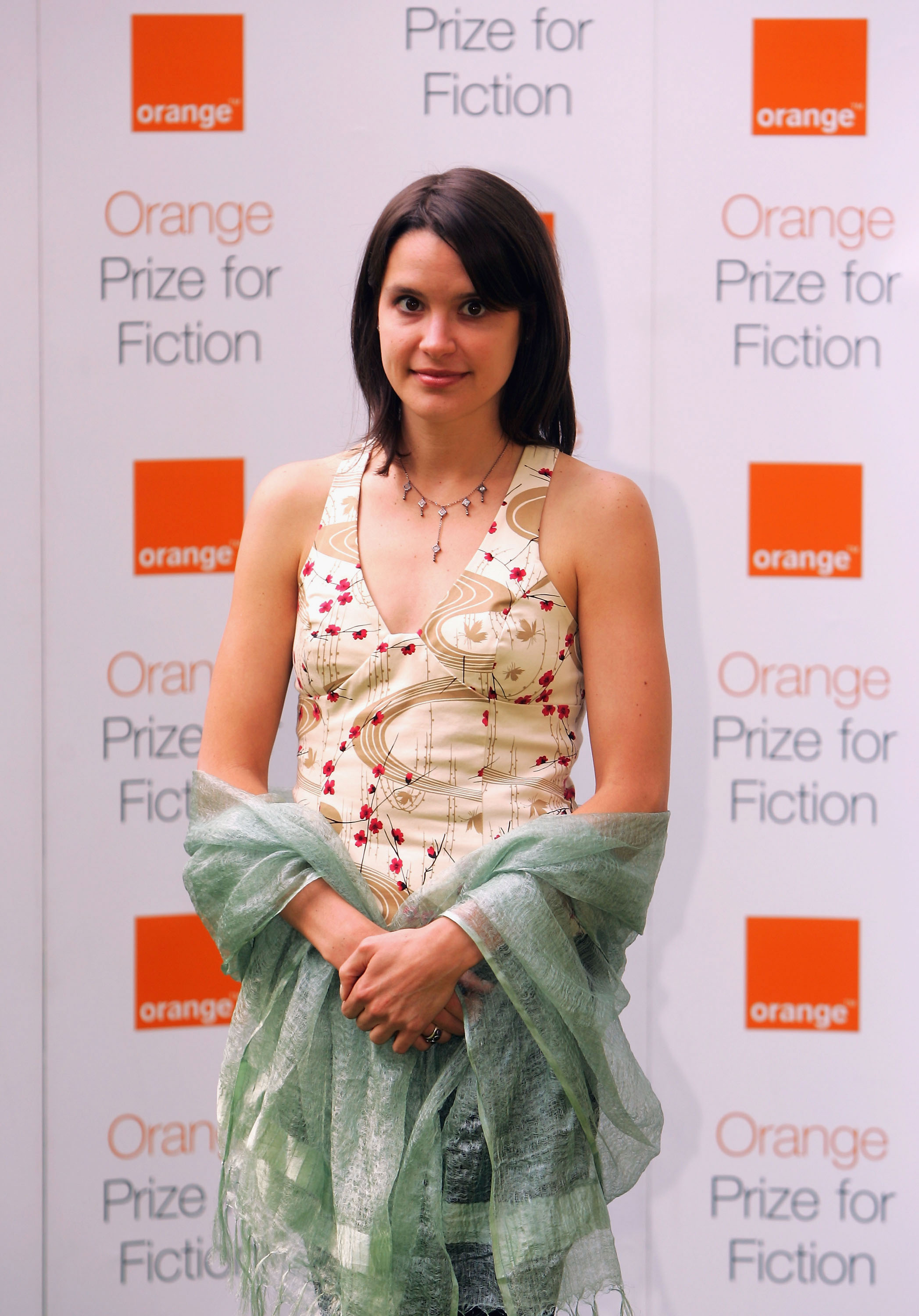
A free daily email with the biggest news stories of the day – and the best features from TheWeek.com
You are now subscribed
Your newsletter sign-up was successful
Novelist Nell Freudenberger is the author of The Newlyweds, The Dissident, and the story collection Lucky Girls. Lost and Wanted, her 2019 novel about a theoretical physicist contending with loss and loneliness, is now available in paperback.
The Wolf Hall trilogy by Hilary Mantel (2009–20).
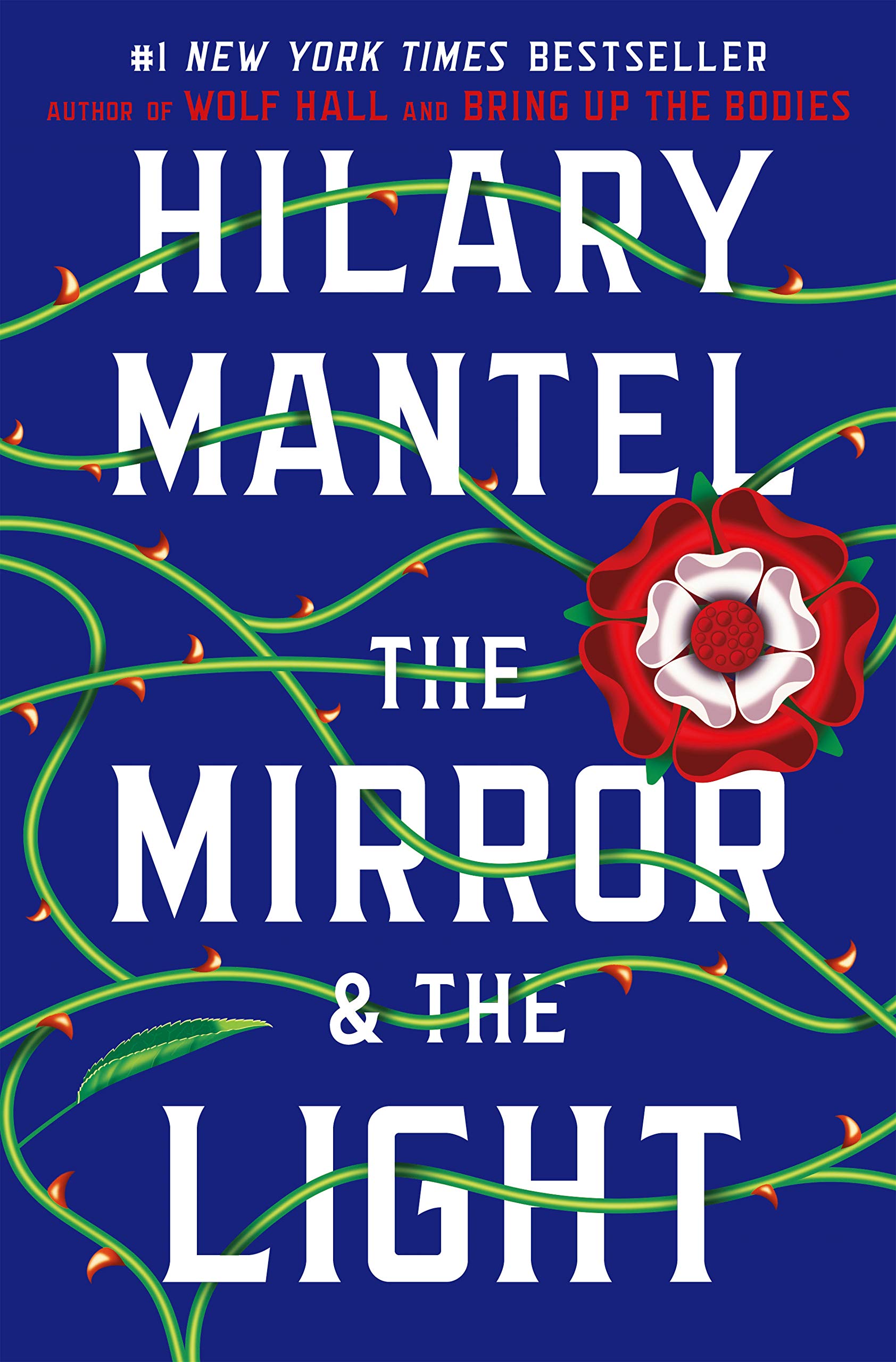
To forget your own moment in time (even briefly), there's no better literary drug than historical fiction. Mantel's magic opens up a wormhole to 16th-century London and creates one of contemporary fiction's most memorable characters: the enigmatic blacksmith's son turned counselor to Henry VIII, Thomas Cromwell.
The Week
Escape your echo chamber. Get the facts behind the news, plus analysis from multiple perspectives.

Sign up for The Week's Free Newsletters
From our morning news briefing to a weekly Good News Newsletter, get the best of The Week delivered directly to your inbox.
From our morning news briefing to a weekly Good News Newsletter, get the best of The Week delivered directly to your inbox.
Disoriental by Negar Djavadi (2016).
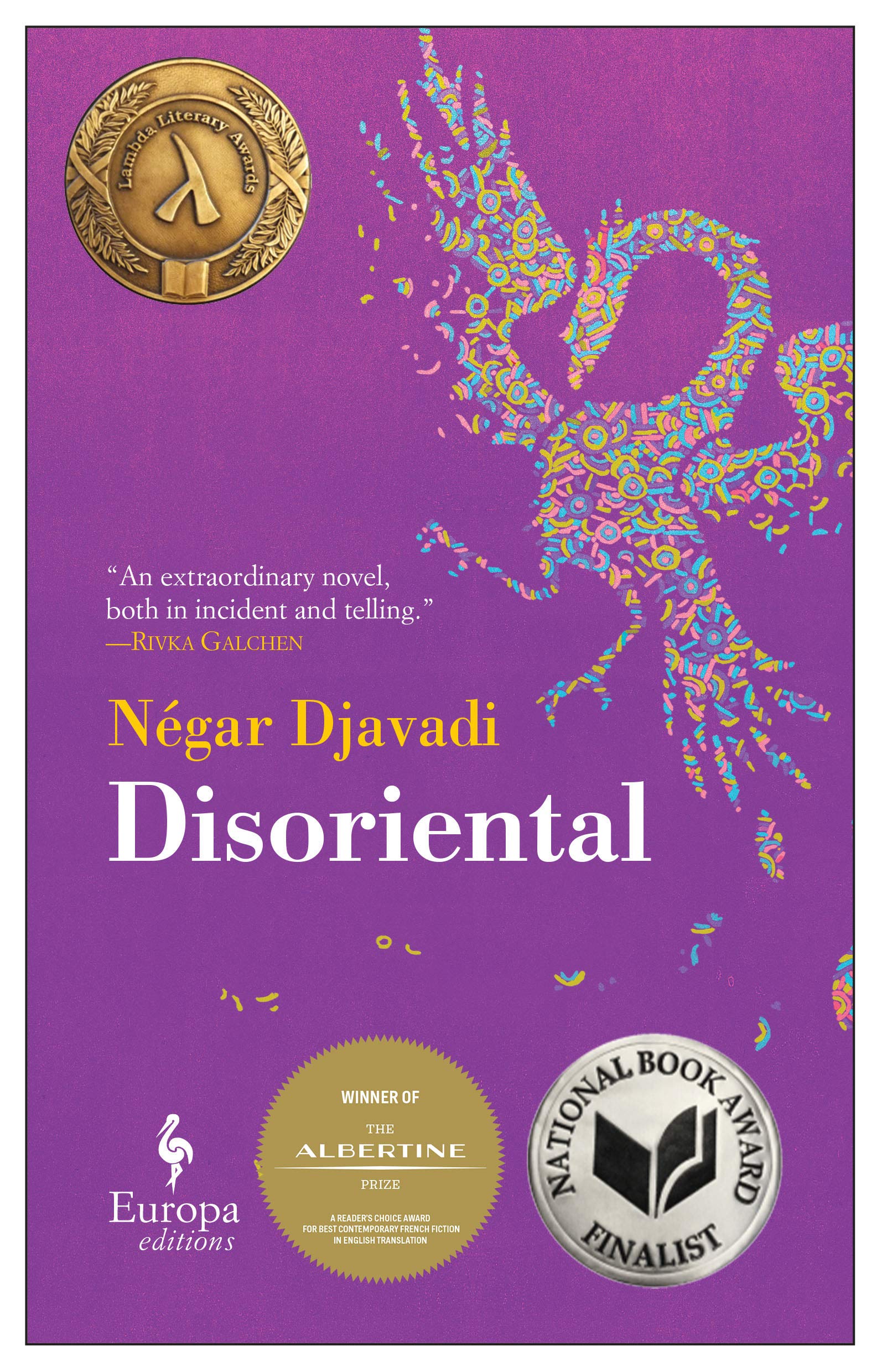
A woman visits a fertility clinic in Paris, hoping to have a child, while her family's past in Iran rises up before her in dazzlingly precise vignettes. The daughter of intellectuals, Kimia Sadr survives the revolution and a harrowing escape to France, where, Djavadi writes, "we unlearn — at least partially — what we used to be, to make room for what we have become."
Katalin Street by Magda Szabo (1969).
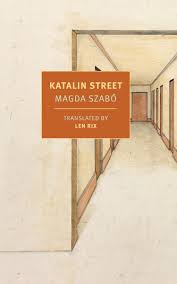
The story of four neighboring families in Budapest whose lives are upended by World War II, Szabo's bewitching novel is the most convincing ghost story I've ever read. You feel this towering Hungarian novelist might have actually figured out the mystery of the afterlife.
A free daily email with the biggest news stories of the day – and the best features from TheWeek.com
Illywhacker by Peter Carey (1985).
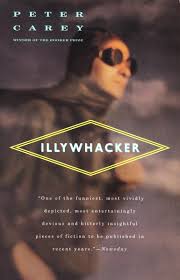
This wildly funny Australian tall tale has one of my favorite chapters in fiction, in which a Chinese merchant teaches the narrator to become invisible. Herbert Badgery is a 139-year-old professional liar, and the story of his adventures allows Carey to stretch realistic fiction to its outermost limits.
The Cairo Trilogy by Naguib Mahfouz (1956–57).
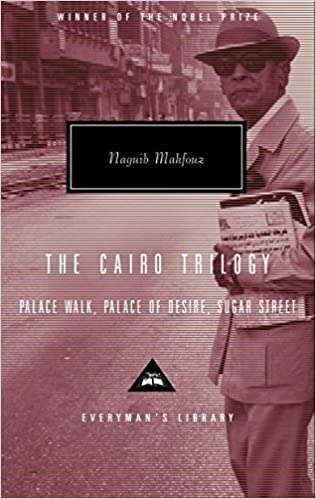
In an ancient neighborhood in Cairo, Ahmad Abd al-Jawad goes out carousing every night, while his wife and daughters live a cloistered life behind a screened balcony. Mahfouz, a Nobel laureate, is sometimes compared to Proust, and the interior richness of his characters is matched by a brilliant psychological portrait of a country shaking off the shackles of colonialism.
Augustus by John Williams (1972).
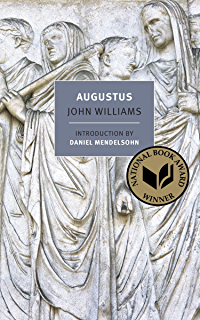
The writer best known for the sober and very American campus novel Stoner does something totally different in Augustus. Through imagined letters, journal entries, and fragments from Cicero, Cleopatra, and Augustus himself, Williams animates a frieze of ancient life with recognizable human passions.
This article was first published in the latest issue of The Week magazine. If you want to read more like it, try the magazine for a month here.
-
 James Van Der Beek obituary: fresh-faced Dawson’s Creek star
James Van Der Beek obituary: fresh-faced Dawson’s Creek starIn The Spotlight Van Der Beek fronted one of the most successful teen dramas of the 90s – but his Dawson fame proved a double-edged sword
-
 Is Andrew’s arrest the end for the monarchy?
Is Andrew’s arrest the end for the monarchy?Today's Big Question The King has distanced the Royal Family from his disgraced brother but a ‘fit of revolutionary disgust’ could still wipe them out
-
 Quiz of The Week: 14 – 20 February
Quiz of The Week: 14 – 20 FebruaryQuiz Have you been paying attention to The Week’s news?